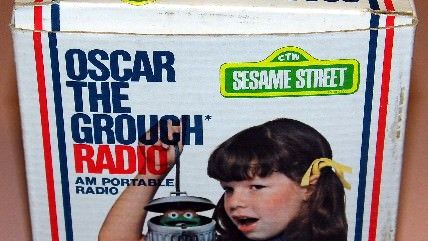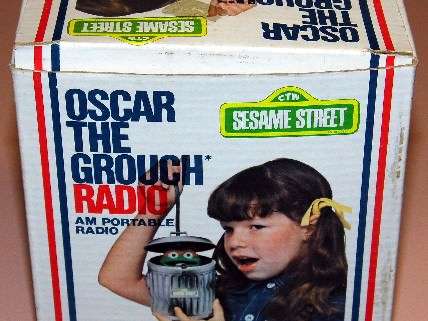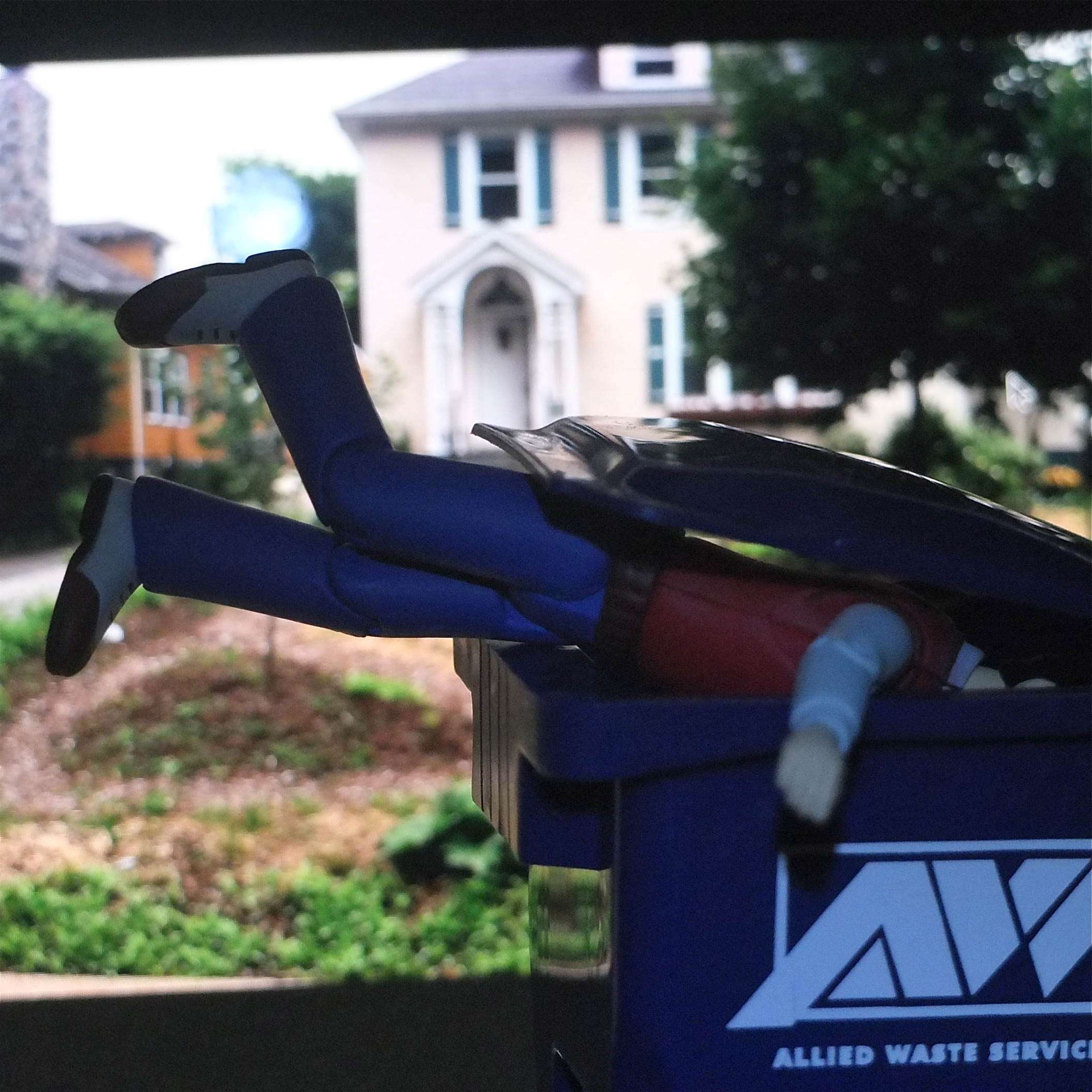Cameras, RFID Chips Are Tracking the Contents of Your Garbage
To ensure compliance with recycling laws, municipalities are recording and storing info on citizens' trash.

In the name of ensuring compliance with local recycling laws, a number of cities are

using cameras, RFID (Radio-Frequency Identification) chips, and even deputizing trash collectors with the task of judging a person's garbage-sorting techniques as legal or worthy of a fine.
In a press release last week, the American Civil Liberties Union (ACLU) warned that "automated garbage monitoring raises very serious privacy concerns" and "any program involving the government's systematic monitoring of citizens crosses a line."
The goals of such garbage surveillance techniques range from ensuring regular use of recycling containers, rewarding compliant recyclers, and "flagging" non-compliant recyclers for more thorough inspections, which could lead to citations and fines.
In Wisconsin, two cities are using garbage truck cameras in conjunction with the RFID chips:
Garbage trucks scan the chips installed in each bin when emptying carts, the cameras monitor the materials being dumped, and transmit a detailed collection history back to the company in order to determine if the right materials are coming out of each container. This information is—when deemed necessary—used to levy fines against residents who improperly sort their waste.
In Seattle, a group of residents is suing the city over new policies that make sanitation workers into de facto garbage detectives, tasked with judging the contents of a trash container. As reported in the New York Times:
If, on inspection, more than 10 percent of a garbage can's contents should have properly been in another kind of bin, the trash collector can pin a bright red tag on the offender's receptacle. A primary goal of the policy is to keep people from throwing food and recyclable materials into trash cans.
The Times also reports that the Seattle lawsuit has made public a training manual which instructs trash collectors to "use good judgment" and to eyeball each trash can by "visually dividing a can into 10 segments." One of the plaintiffs in the Seattle case, a supporter of recycling laws, says "An admirable goal does not justify a bad policy."
Since we're all likely committing "three felonies a day," the concern that we might be incriminating ourselves simply by failing to obsessively rummage through our trash before bringing it to the curb is hardly irrational.

At The Intercept, Jenna McLaughlin writes:
Police have used trash to gather evidence on suspects for years. In a 2010 issue of Police Chief, a trade magazine for law enforcement, one article urges officers to use trash cans that are "moved from a house and to the street for disposal" as "fair game for anyone — even the police — to take it away for inspection." The authors of the article suggest that people very often leave behind incriminating evidence in their trash unsuspectingly, and have no reasonable expectation of privacy once the trash hits the curb.
If law enforcement officers could access the garbage truck cameras, they would not even have to visit the property and seize the trash.
In 2002, journalists at the Portland, OR-area Willamette Week pushed back on law enforcement's insistence that (despite a judge's ruling to the contrary) they have the right to a warrantless search of anyone's garbage for incriminating evidence, by staging their own unauthorized search through the trash cans of the mayor, district attorney and police chief.
In much the same way that tracking a person's digital metadata can be as revealing as recording their phone conversations, the Willamette Week found that by going through a person's garbage, "we are reverse-engineering a grimy portrait of another human being, reconstituting an identity from his discards, probing into stuff that is absolutely, positively none of our damn business."


Show Comments (106)